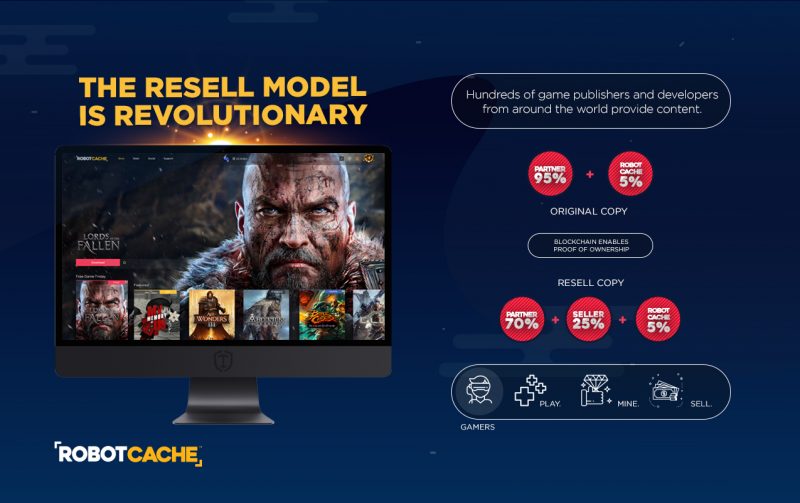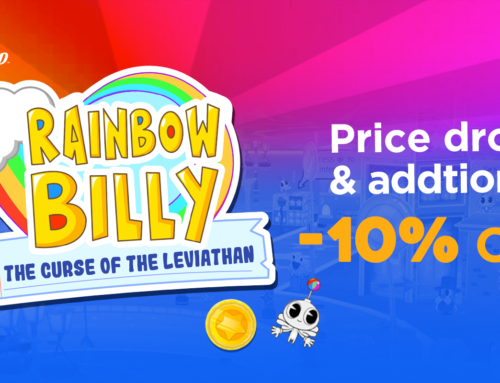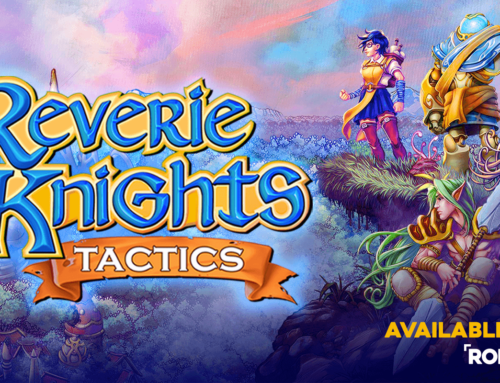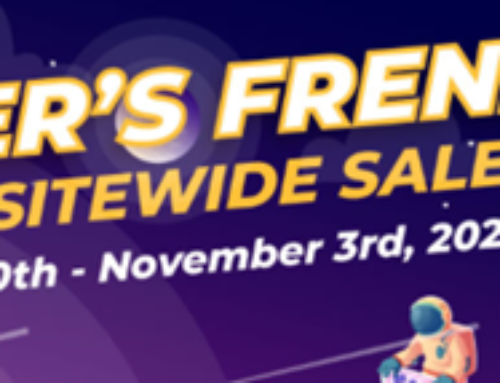Before Robot Cache, there was no true method for reselling a digitally purchased PC game. Meaning that our huge libraries of purchased PC games (even the ones we don’t play anymore) are essentially worth nothing. This is a problem that needs to be fixed fast. But how does one company go about changing the standard? It starts with asking a few basic questions of how we got here, and more importantly how Robot Cache plans to fix it.
What Was Preventing Digital Resell in the First Place?
Here’s a quote from RockPaperShotgun, “I have confidence that the hardware in my PC is mine…[But] the software on my computer may as well be tied to a long piece of elastic, just waiting for the publishers to give it a tug. You own a license. But a license for what? This lack of ownership becomes even more concerning when it comes to the digital space, at which point our rights to anything become extremely ambiguous.”
To date, users have very had very limited rights to software purchased and certainly haven’t had the right to sell their game licenses to someone else. Robot Cache solves this with our unique model.
Introducing The PC Video Game Resell Model
Robot Cache relies on a totally different system for buying and selling games. Our platform is built on the blockchain, which is essentially just a collective way to keep records on ‘who has rights to what.’
It might sound confusing at first, but it’s actually pretty simple.
When you buy a game, the blockchain records the fact that you own it. If you sell that game, the blockchain will then record the next person who owns it. It’s this record-keeping process that actually defines ownership, and allows the game (which is really just digital code) to become a transferable good.
What’s even better about this new system, is it’s incredible secure. Because every exchange is recorded on the blockchain, the marketplace is no longer reliant on a single company tracking and securing every license. Every exchange is essentially set-in-stone.
Let’s explore how the process will work for YOU:
- Purchase a game using either Robot Cache’s virtual currency IRON or one of the 10+ real world currencies we support.
- Play the game. Once you’ve done all that you can do, it’s time to let go.
- Click the “List” button on your game, and confirm you’d like to sell it.
- Robot Cache will then find a buyer. Once someone has decided they want to buy the game and you’re up in the queue then boom, you just sold your game. Congrats!
- Once that happens, your account receives 25% of the game’s current price back in IRON or real world currency depending on how you originally paid for the game. Note: You can always select the IRON to save a .50 cent transaction fee passed on by the payment processors. Looks like it’s back to step one!
Looking back, we probably didn’t need five steps, because reselling is as easy as clicking a button.
Check out this fancy, informative graphic:

If you’re interested in effectively saving 25% on every game purchase by reselling digital games with Robot Cache, be sure to sign up for Early Access by heading over here.
About Robot Cache
Robot Cache is the world’s first videogame marketplace with a revolutionary digital resale model. We’re committed to disrupting game distribution, making it more fair, transparent and secure.
Our groundbreaking economic model is a victory for both PC gamers and game developers alike. We share in only 5% of the transactions, so game makers keep more profits to reinvest in making more great games. For gamers, buy games, play games, and for the first time ever…resell your digital purchases! Our innovative mining feature also allows you to mine and be rewarded in IRON, which can be used to earn more games!
If you’re interested in Robot Cache, head over to our signup page to become a Robot Cache Founder and receive:
- Access before the general public
- Founder’s Mining Boost
- Name Reservation
- A Founder‘s Badge
- FREE IRON, When You Refer A Friend
PLAY. MINE. SELL.
Learn more at www.robotcache.com





